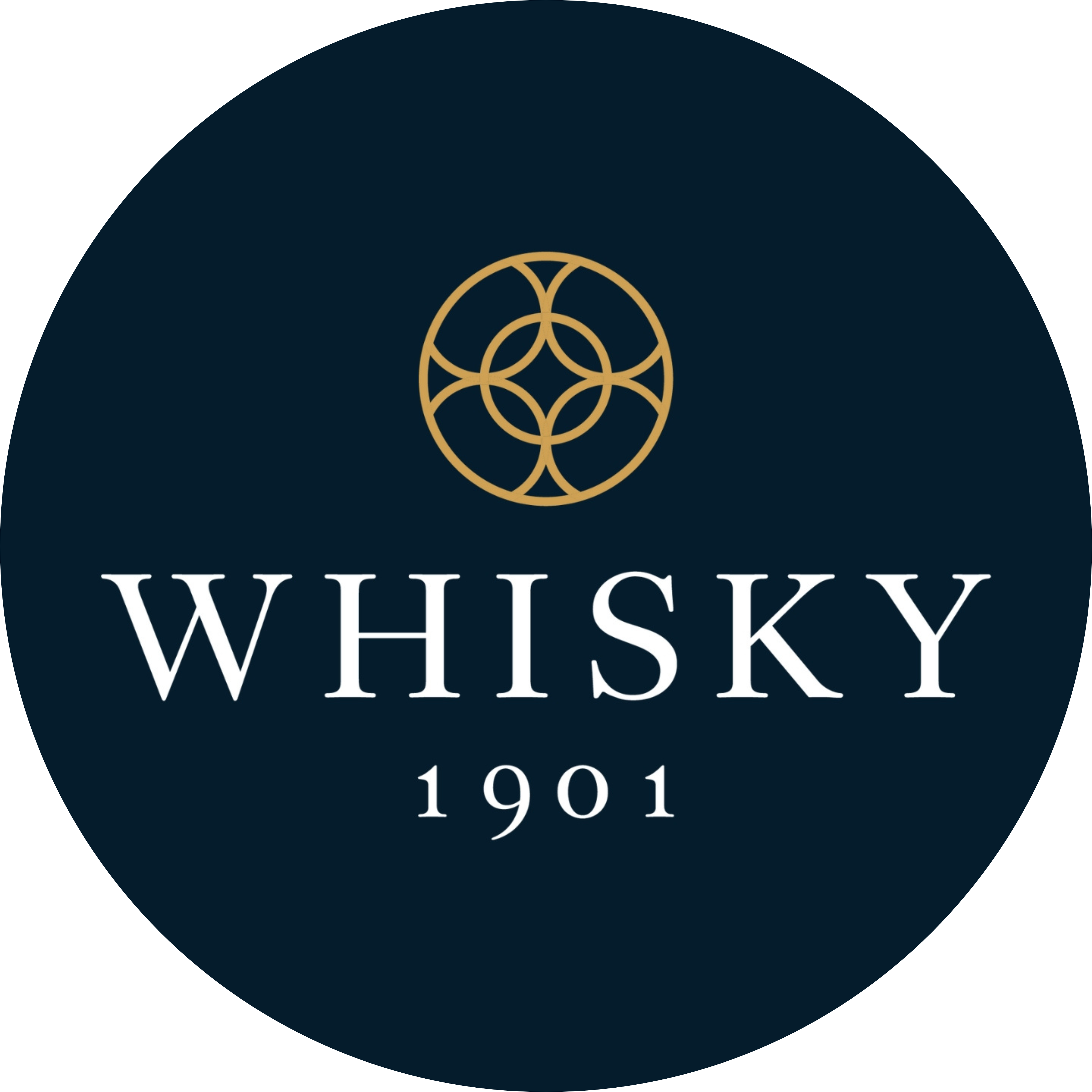8 Questions to Ask a Whisky Broker Before Investing in Scotch


Before making an investment in whisky, it is important you have access to the right information from your whisky investment partner. From checking that they have the right licence and qualifications to choosing the right cask and distillery to proof of legal, below are 8 questions you should be asking a whisky broker before investing:
1. Do you have a WOWGR licence?
Any whisky broker or company you engage with should have a Warehousekeepers and Owners of Warehoused Goods Regulations (WOWGR) licence – so ask to see it!
This proves that a company is legitimate and has been given the legal right to trade suspended goods by HMRC. Steer clear of any company that is not on this register.
2. What qualifications do you hold?
Unfortunately, the growth in popularity of the whisky investment industry has also meant an increase in the number of disreputable brokers offering their services with little or no expertise.
That’s why it’s important to check that any company or so called ‘whisky expert’ that you engage with has the right qualifications or accreditations before entrusting them to invest in casks on your behalf.
Check that your whisky broker is certified by respected institutions like the Wine and Spirits Education Trust (WSET) and Edinburgh Whisky Academy.
3. Will you provide a regular regauge report?
A regauge report involves taking a small sample from a cask to check data relating to ABV (alcohol by volume and liquid level).
It is commonly believed that whisky always improves with age, but this is not the case. Casks must be carefully managed as they have a shelf life. They usually lose 1-2% in ABV and liquid per year. This is important because if ABV falls below 40% the product can no longer be called Scotch. This hinders its value. Any knowledgeable broker knows that investing anything below 50% ABV is a high-risk investment and something to avoid.
Regular regauge reports provide up to date data regarding ABV and liquid level, giving a true value of the cask as well as a health check. Unfortunately, not a lot of companies have the infrastructure in place to carry out these checks. It’s therefore important to ask whisky investment partners if they can provide these reports before you invest, and work with those who are able to do so.
4. How do I know the price you are quoting is fair?
One of the most common pitfalls of the whisky investment market is consumers being offered casks at highly inflated prices. We always advocate investing in quality over quantity – that’s why we only work with Scotland’s finest distilleries – but it is equally important that investors get value for money. Just because a cask costs more, doesn’t mean it’s going to be better quality. What’s important is that you pay a fair market price.
Unlike the wine industry, which has the Liv-ex to track the prices of fine wine, there is no indices for the whisky cask investment market so it’s important to discuss this with a trusted whisky broker. Ask to see any data they hold and check whether they can provide a breakdown of the number of litres or bottles in your cask to work out how much you’re paying per bottle. This allows you to check the open market for prices based on the age of the product to ensure you’re not paying over the odds.
5. Which distillery do you recommend?
Choosing the right cask is a big decision so another important question to ask a whisky investment partner is what distillery or distilleries they’d recommend you invest in. There are 143 operating Scotch Whisky distilleries across Scotland but not all are created equal.
A true whisky expert will know the brand names that are worth investing in because they’ve been around for years and the products are consumed worldwide. We advise working with the top 20-40 distilleries in Scotland owned by Diageo, Suntory Holdings and Edrington Group – those that invest their money back into marketing and tourism which, in turn, increases the brand value and credibility.
6. What ROI can I expect?
Whisky cask returns usually average at around 10 to 14%.
Some whisky brokers will promise much higher turns to win your business. There is a lot of false data which can circulate as a result this, so it’s important to do your research and consider whether the returns a whisky broker is advising are realistic or not. If they are much higher than 10 to 14%, the likelihood is this is inflated.
Any whisky broker who is promising returns in an incredibly short time frame should also be a red flag. Whisky is a long-term investment – we usually recommend 5 to 10 years to see a significant ROI. Generally, the longer you hold a cask the more the whisky in it improves and therefore the greater the return.
It’s important to remember that, like many other investments, such as stocks and shares or gold, prices can go down as well as up and that there are no guarantees. Talk to a whisky expert to ensure you understand the risks.
7. How can I be sure I am the legal owner of my cask?
When investing in whisky, it is important that you work with a lawyer or a whisky investment partner that has a lawyer or legal partner and can provide a Bailment Contract, including the details and location of the cask, a Unique Cask Number, a Delivery Order and the signatures of both parties. This common law agreement certifies that the company is managing the whisky cask on behalf of the investor, but that you are the legal owner. It creates a transparent and legally binding trail of ownership. It is best to avoid any whisky broker who is unwilling or unable to provide you with this.
8. What happens when I want to sell my cask?
Finally, it is important that you understand the buying and selling process before you invest in whisky casks.
For example, there are different options when you wish to exit the market. You can sell on the open market or to our existing client base. We can help source potential buyers from a broad professional network of brokers and collectors to make sure your cask goes for a healthy price.
Alternatively, you can choose to sell at auction. This has become a popular way of selling cask whisky as the process requires minimal effort. Or you may even wish to bottle and brand your whisky to sell to independent bottlers or the retail market, or simply enjoy the product yourself.
As your trusted whisky investment partner, we not only advise on buying cask whisky but how to realise your investment when the time is right.

